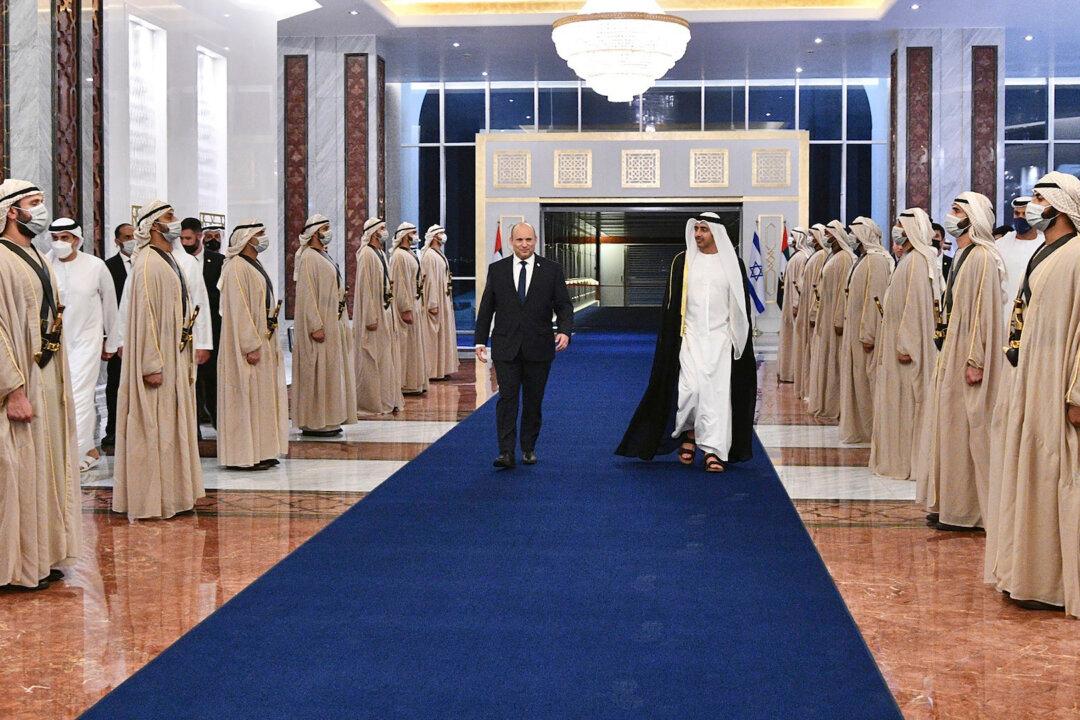The United States has announced that it’s advancing on a $23 billion defense deal with the United Arab Emirates (UAE) after the Arab state threatened to pull out following disagreements regarding issues concerning Chinese espionage in the country.
The deal includes 50 top-of-the-range F-35 Lightning II stealth jets from Lockheed Martin valued at about $10.4 billion, 18 MQ-9B drones worth $3 billion, and $10 billion in advanced munitions. Only certain countries are allowed to purchase the U.S.-made F-35s, as their unmatched stealth technology is being kept under wraps by the U.S. government.





